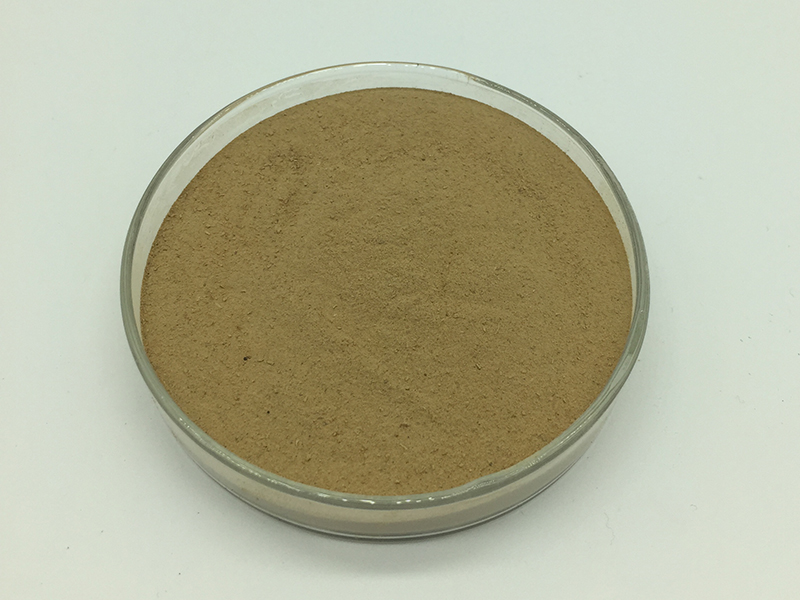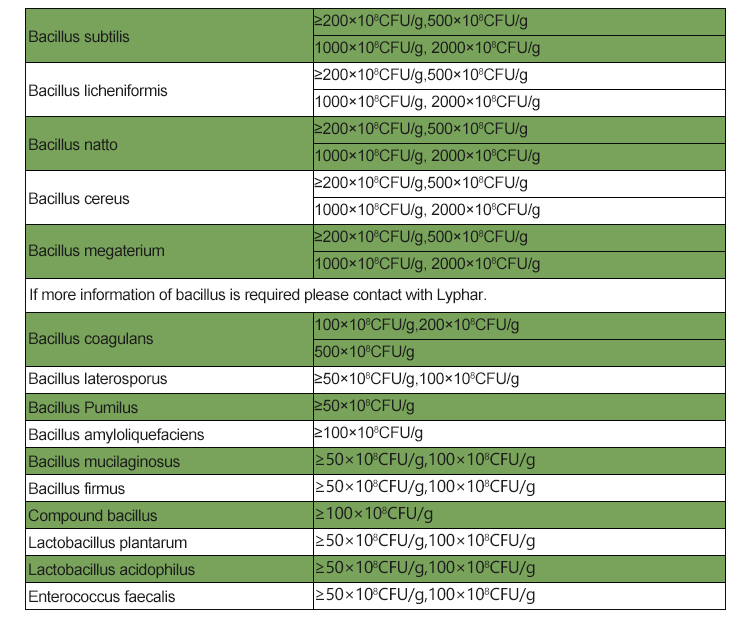Bacillus subtilis is a Gram-positive, rod-shaped bacterium that is commonly found in soil and the gastrointestinal tract of humans and animals. It is a member of the genus Bacillus, which also includes well-known bacteria like Bacillus anthracis (the causative agent of anthrax) and Bacillus thuringiensis (used in biological insecticides). Unlike some other members of the genus, Bacillus subtilis is generally non-pathogenic and is considered safe for humans.
Bacillus subtilis is known for its ability to form endospores, which are a dormant, resistant form of the bacterium that can withstand harsh environmental conditions. This characteristic has contributed to its resilience and survival in various environments.
One notable feature of Bacillus subtilis is its use in biotechnology and industry. It has been extensively studied for its ability to produce enzymes, antibiotics, and other bioactive compounds. Additionally, Bacillus subtilis is used as a model organism in scientific research due to its relatively simple genetics and well-understood molecular biology.
In recent years, Bacillus subtilis has gained attention as a probiotic, and some strains are marketed as dietary supplements to promote gut health. Probiotics are live microorganisms that confer health benefits when consumed in adequate amounts. However, the specific strains and their effects may vary, so it’s essential to use them under the guidance of healthcare professionals if considering their use for health purposes.

How to use Bacillus subtilis?
Bacillus subtilis is a Gram-positive, rod-shaped bacterium that is commonly used in various applications due to its ability to produce enzymes and antimicrobial compounds. Here are some common ways to use Bacillus subtilis:
1.Agriculture and Gardening:
Biofertilizer: Bacillus subtilis can be used as a biofertilizer to enhance plant growth. It promotes nutrient uptake and can protect plants from various pathogens.
Biopesticide: It can act as a natural pesticide by inhibiting the growth of harmful plant pathogens, such as fungi and bacteria.
2.Bioremediation:
Bacillus subtilis has been employed in bioremediation processes to help degrade or remove pollutants from soil and water. It can break down various organic compounds.
3.Probiotics:
In animal husbandry and aquaculture, Bacillus subtilis is used as a probiotic to promote the health of animals. It can improve digestion and inhibit the growth of harmful bacteria in the gut.
4.Industrial Applications:
Bacillus subtilis produces various enzymes, such as proteases and amylases, which find applications in industries like detergent manufacturing, food processing, and textile industry.
5.Research and Education:
Bacillus subtilis is commonly used as a model organism in research due to its well-understood genetics and ease of manipulation.
When using Bacillus subtilis, it’s important to follow specific guidelines and recommendations for the particular application. Here are some general steps for using Bacillus subtilis in agriculture:

Formulation: Bacillus subtilis is often formulated into products such as powders, granules, or liquid suspensions for ease of application.
Application: Apply the product to the target area (soil, seeds, or plants) according to the recommended dosage and application methods. This may involve spraying, seed coating, or soil drenching.
Timing: The timing of application is crucial. In agriculture, it’s often applied at planting or during the growing season to maximize its benefits.
Storage: Store Bacillus subtilis products according to the manufacturer’s instructions, usually in a cool, dry place away from direct sunlight.
Always consult with experts or follow product recommendations for the specific use case, as the application methods and concentrations can vary depending on the intended purpose.
